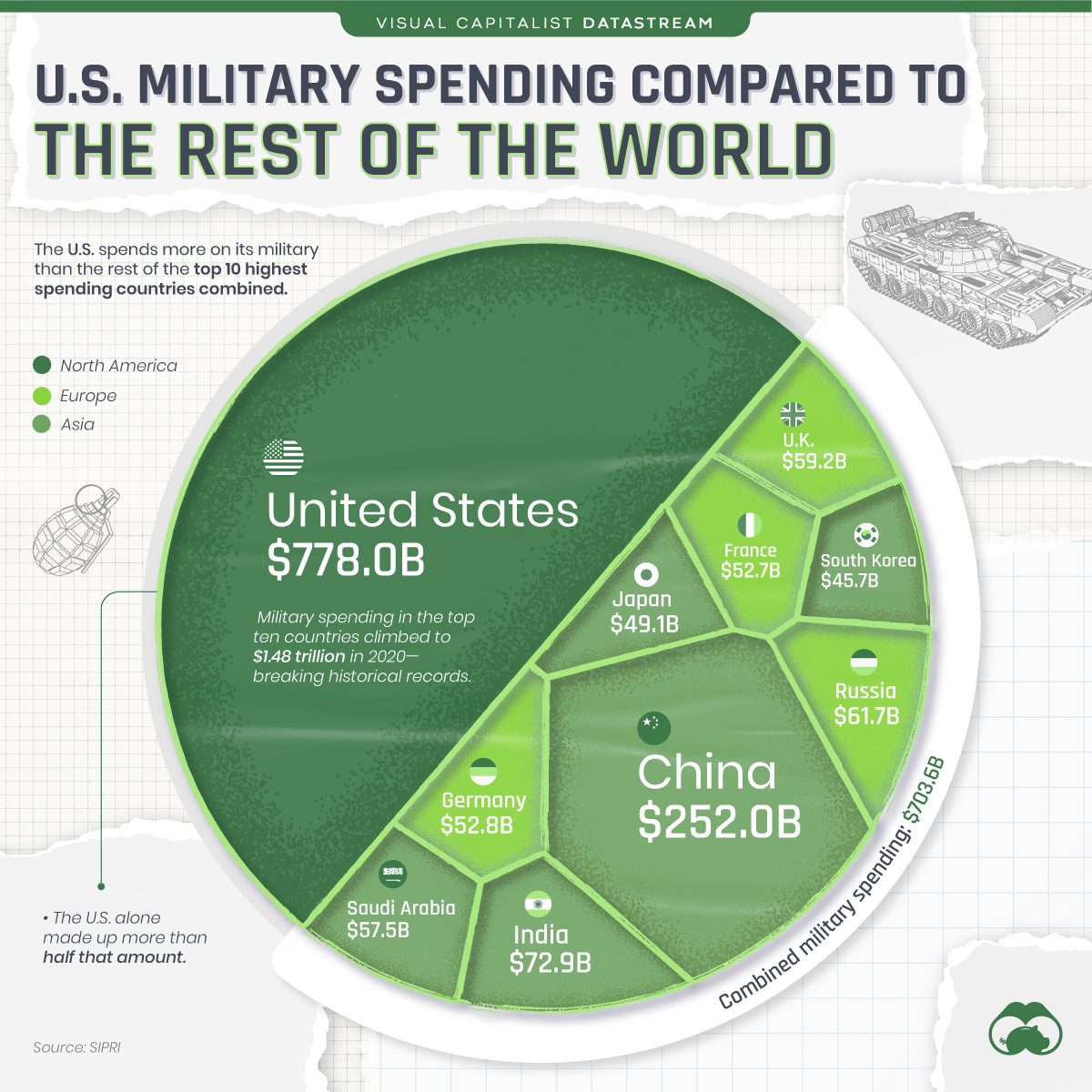The weekend is here! Pour yourself a mug of Dark Matter coffee, grab a seat on the veranda, and get ready for our longer-form weekend reads:
• Online shopping in the middle of the ocean E-commerce giants don’t reliably deliver to the remote islands of French Polynesia, so locals made their own online shopping service. (Rest of World) see also This Is What Happens When Globalization Breaks Down The story of one shipping container from a factory in China to a warehouse in the United States traces the arc of a global supply chain consumed by trouble. (New York Times)
• Louis DeJoy, the Postmaster Democrats Love to Hate, Isn’t Going Anywhere A lot of people thought the Trump-era appointee would, and should, be shown the door by Joe Biden. That’s only made his recent successes sweeter. (Businessweek)
• The queen of crime-solving: Forensic scientist Angela Gallop has helped to crack many of the UK’s most notorious murder cases. But today she fears the whole field – and justice itself – is at risk (The Guardian)
• It’s not too late for new Covid-19 drugs to change the pandemic The new, easy-to-take antivirals are now on pharmacy shelves. This is who they stand to help the most. (Vox)
• A Wall Street Lifer’s Quixotic Quest to Build a Nonracist Bank Alex Ehrlich started Percapita to reach the underbanked while making money. It hasn’t been easy. (Businessweek)
• How the U.S. and EU Cut Russia Off From the Global Economy Unprecedented coordination from late November set the stage for aggressive sanctions when Ukraine was invaded. (Wall Street Journal) see also The Making of Vladimir Putin Tracing Putin’s 22-year slide from statesman to tyrant. (New York Times)
• Weird Science: This surge of attention to the fringes of science has not just happened within the boutique field of the history of science. Salient among these is the “replication crisis,” principally in psychology and biomedicine, which has rather shockingly shown that many of the canonical findings in cognitive psychology and cancer genetics are unreplicable by other scientists. Since replicability is frequently held up as one of the most significant indications that science generates reliable knowledge, the pervasiveness of such failings is truly worrisome. (Los Angeles Review of Books)
• 100 ways to slightly improve your life without really trying Whether it’s taking fruit to work (and to the bedroom!), being polite to rude strangers or taking up skinny-dipping, here’s a century of ways to make life better, with little effort involved … (The Guardian)
• Night Shifts: Can technology shape our dreams? On the one hand, there’s scientific research into the question of what dreams do for our brains. And on the other, there’s a wild arc of actual and possible answers to the question: What can my dreams do for me? This gap between what science can tell us and what we want to know is perhaps the central spiritual feature of our situation. (Harper’s)
• Chris Paul Is Building a Business Empire. Now All He Needs Is an NBA Ring: CP3 is making deals, texting with Bob Iger, and getting ready for a championship run. (Businessweek)
Be sure to check out our Masters in Business interview this weekend with Bill Gross PIMCO co-founder who managed the Total Return Fund, which at $293B was the world’s largest mutual fund. Gross advised Treasury on the role of subprime mortgage bonds, and was named Morningstar’s Fund Manager of Decade in 2010.
U.S. Military Spending vs Other Top Countries

Source: Visual Capitalist
Sign up for our reads-only mailing list here.
~~~
To learn how these reads are assembled each day, please see this.

